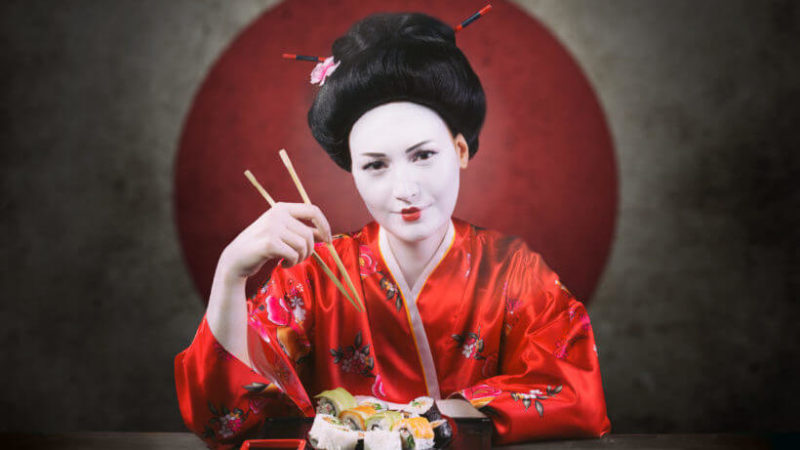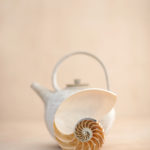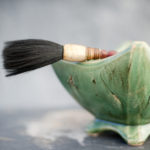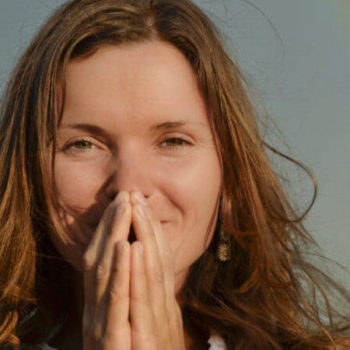
WHAT THE JAPANESE CAN TEACH US ABOUT BODY ACCEPTANCE
I don’t think I have ever met any woman who wouldn’t want to feel good and beautiful. Beauty feels good, isn’t it? When we feel good about ourselves, we also project more positive energy of confidence towards other people.
Looking back on my life, I came to realize I had a dissonant relationship with my body for quite many years. I was obsessed with the size of my hips and always focusing on things I would have wanted to change in the way I looked. Besides that, I was trapped with the bad behavior of always comparing my physical appearance to other women.
So where does this body obsession come from? I can’t recall having this kind of concern when I was small. As a child, I didn’t care that my hips were too big or my hair was too thin. I was happy and free. But much later, society took over. In the Eastern-European culture I grew up in, the concept of beauty was generally associated with being slim. Especially women struggle with this tiring fight against their body weight. Social media, women magazines, Photoshop, beauty contests, all these put tremendous pressure on women to fit particular beauty requirements and parameters that sometimes are not even real.
But have you ever asked yourself who sets the standards? Who makes the beauty rules? Who is to decide what “perfectly beautiful” is supposed to mean?
Perfection is an illusion. It’s nothing but “pure fiction,” it doesn’t exist. It is a source of unhappiness and frustration in many people’s lives. It might look like strength but, in fact, it’s precisely the opposite. It is an enemy, not a friend. A sign of fear. When I know things are perfect, nothing can hurt me; nobody can tell me I’m not good enough. People perceive me as invincible and strong. Perfection is the result of not feeling good enough and setting unrealistic expectations for ourselves. The same thing is behind the wish to look perfect. It is a sign of self-criticism, non-acceptance, and self-judgment. Same thing as declaring war on our bodies.
If this rings the bell for you, I am inviting you to experience another way of understanding beauty and perfection, very different from the norms imposed by most cultures and societies: the “wabi-sabi” beauty.
The “wabi-sabi” beauty concept has been promoted by the Japanese culture, and it is based on the principle that imperfections are beautiful. Artifacts are exposed in museums exactly as they are, cracked or broken. And that’s what makes them so valuable: they’ve passed the test of time. The same thing is valid for people. It is our imperfections that make each of us authentic, special, and unique.
Beauty is a state of mind. We are what we believe. If I think I’m ugly or stupid, that becomes my reality. If I believe I’m smart and beautiful, that is what my reality is. So here’s what I didn’t know years ago and what I know to be true today: I am perfectly beautiful and beautifully imperfect, and this allows me to be ME.
“Beauty begins the moment you decide to be yourself.” – Coco Chanel
Love,
Sara
Want more useful tips and weekly inspiration?
Sign-up for my newsletter. - it's free!

- Posted by Sara Fabian
- On August 13, 2016






